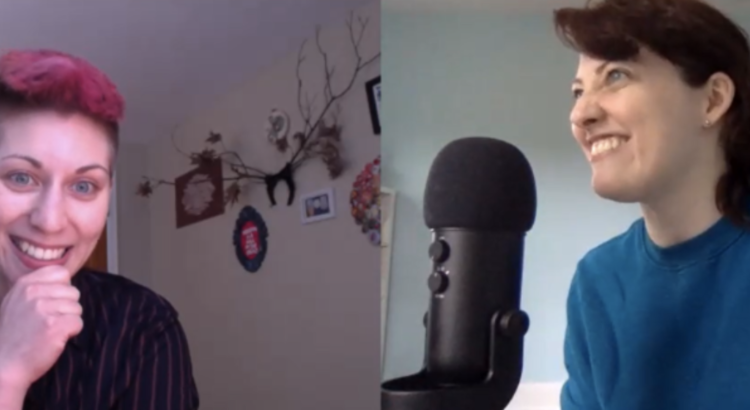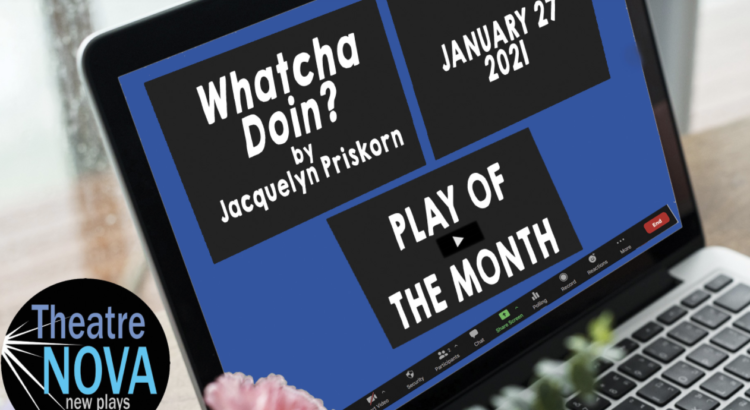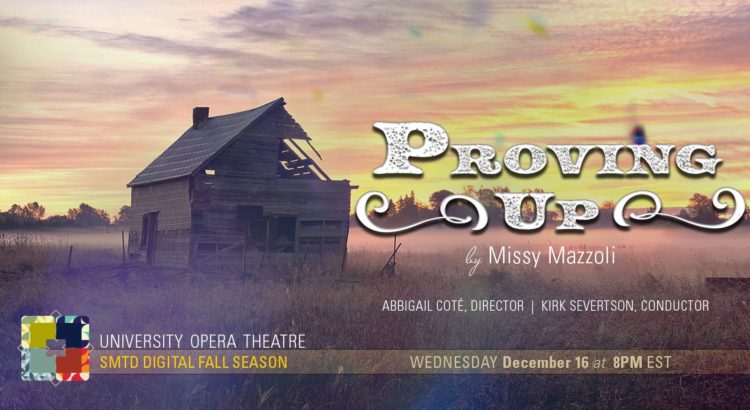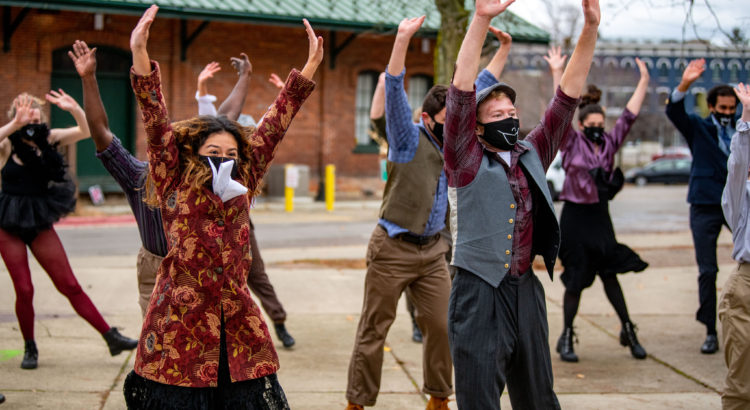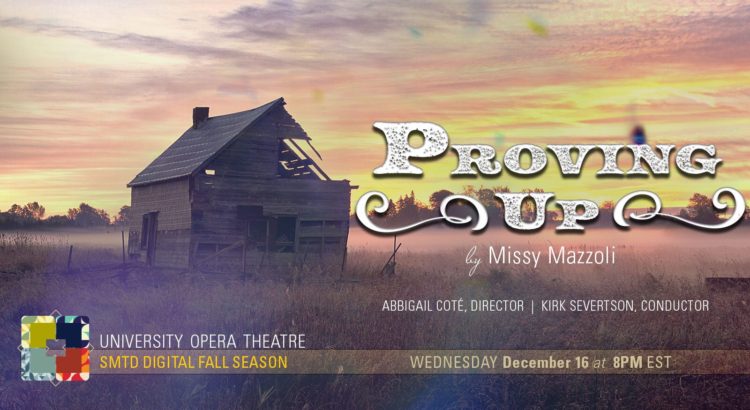‘4 Genres’ is a short play written by Ron Riekki, produced as part of the Play of the Month series through Theatre Nova. Theatre Nova gives the opportunity for new works to be performed professionally, spotlighting the voices of new playwrights and making theatre more accessible and relevant to current times. ‘4 Genres’ was a perfect example of a playwright writing for the time and medium–I felt that Riekki really used Zoom as a tool rather than simply working around it, which brought something special to the performance.
Four characters reveal that they have been trapped within four respective genres in their Zoom boxes: horror, musical theatre, slapstick, and documentary. In order for their genre experience to end, they must say what they learned during their time there. After living in their respective realms, it’s clear they don’t seem to be enjoying it that much.
One by one, our characters reveal what they’ve learned. Our documentary character encourages the others to share, before he quietly bemoans that he’s disappointed that he feels he didn’t live through anything. While the other genres experienced running from vicious werewolves, learning about the power of friendship through song and dance, or slipping on banana peels, the man in the documentary says, he’s just sat there with a camera in his face. Sound familiar?
It took me a while for the underlying messages of this short play to sink in and really take root. Since March of last year, I’ve so often felt like I’m living in the dark and dull page of a far-off future’s history book. How many times have I wished to be elsewhere, living in another time or realm free of the troubles COVID-19 has brought with it? But just as our documentary character realized: What we are living through is important. We are brave for having lived through this time. We are resilient and we’ve learned to adapt.
Like I said before, I applaud the writer and production team for really using Zoom for what it can do, in regards to effects and lending to commentary on our current times. My only perceived drawback to live Zoom performance is technical issues–lag between cast members, differences in sound quality, inability to hear overlapping lines. These are things that seem to be natural aspects of the Zoom culture most of us are experiencing right now, but they don’t always lend well to a scripted performance where every line counts.
However, until we are able to see live shows again in person, I continue to appreciate how artists are working to keep theatre alive and growing through these difficult times.
For information on the next Play of the Month performance, go to Theatre Nova’s website: https://www.theatrenova.org/current-show


